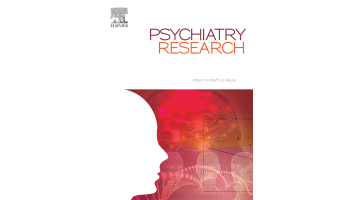The mental health of migrants living in limbo: A mixed-methods systematic review with meta-analysis.
Psychiatry Research
Vol. 337/Num. 115931
Abstract
The number of forcibly displaced people has more than doubled over the past decade. Many people fleeing are left in limbo without a secure pathway to citizenship or residency. This mixed-methods systematic review reports the prevalence of mental disorders in migrants living in limbo, the association between limbo and mental illness, and the experiences of these migrants in high income countries. We searched electronic databases for quantitative and qualitative studies published after January 1, 2010, on mental illness in precarious migrants living in HICs and performed a meta-analysis of prevalence rates. Fifty-eight articles met inclusion criteria. The meta-analysis yielded prevalence rates of 43.0% for anxiety disorders (95% CI 29.0-57.0), 49.5% for depression (40.9-58.0) and 40.8% for posttraumatic stress disorder (30.7-50.9). Having an insecure status was associated with higher rates of mental illness in most studies comparing migrants in limbo to those with secure status. Six themes emerged from the qualitative synthesis: the threat of deportation, uncertainty, social exclusion, stigmatization, social connection and religion. Clinicians should take an ecosocial approach to care that attends to stressors and symptoms. Furthermore, policymakers can mitigate the development of mental disorders among migrants by adopting policies that ensure rapid pathways to protected status.
Members and SHERPA Teams
Rachel Kronick
Professor, Division of Social and Transcultural Psychiatry McGill University.; Centre for Child Development and Mental Health at the Jewish General Hospital

